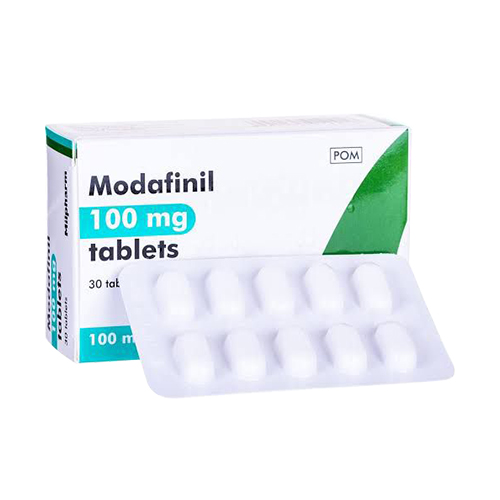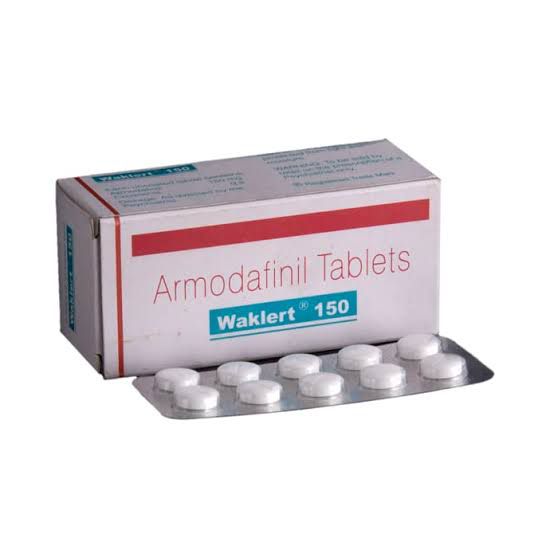Modafinil 100 Mg tablets
MODAFINIL 200 MG TABLETS
ARMODAFINIL 150 MG TABLETS
ADHD (Attention-Deficit/Hyperactivity Disorder) is a common neurodevelopmental disorder stemming from childhood. The disorder affects how a child’s brain develops. The symptoms are first identified in children, and then they continue to last till adulthood. The symptoms of ADHD include inattention, hyperactivity, and impulsivity. It’s a chronic disorder that affects various aspects of an individual’s everyday life. The affected areas include academic and professional life, interpersonal relationships, and everyday life activities.
ADHD disorder causes children and adults poor self-esteem and affects their social functions and interactions if left untreated. Adults with ADHD experience extreme sensitivity, poor self-worth, and a heavy sense of guilt. Individuals who suffer from ADHD always seek validation from others to establish their self-worth.
The symptoms are first detected in small kids when the concerns start showing up in the classrooms or social circle. According to studies, boys are more likely to be detected with ADHD symptoms than girls of the same age. It does not mean that boys suffer more from the disorder. The symptoms surface as boys are more into externalization and hyperactivities than girls of the same age.
Attention-Deficit/Hyperactivity Disorder - Types
ADHD comes in three different forms, based on which symptoms show up the strongest in the individuals at the time of diagnosis.
- Predominantly Inattentive (trouble paying attention, being focused on the task, and being in order)
- Predominantly Hyperactive-Impulsive Presentation (moving around at odd hours, a sense of restlessness, and excessive talkativeness)
- A Combined Presentation of Inattentive and Hyperactive-Impulsive Symptoms (interruptions, intrusions, and trouble waiting)
ADHD symptoms are common to notice in people without ADHD. However, symptoms are more evident and frequent in individuals with the disorder.
Causes of ADHD
The specific causes behind ADHD have not yet been proven. According to studies and research, evidence of genetic influence has been under high consideration. Genetics can be one of the direct causes of ADHD. No specific gene or combination of genes has been identified as the cause of ADHD disorder, but several genes directly contribute to the disorder.
According to the collected evidence, anatomical differences can be found between the brains of children with ADHD and those without ADHD. For instance, children with ADHD have less grey and white brain matter volume and show activation of different brain parts while doing specific tasks. According to studies, ADHD affects the frontal lobes, caudate nucleus, and cerebellar vermis of the brain. Gene is not the only factor. A number of non-genetic factors can also lead to the disorder, such as exposure to toxic substances and stress during gestation, low birth weight, and premature birth. Irrespective of the causes, several treatment options are available to keep the disorder under control. Order the best-quality medicines for ADHD under your doctor’s prescription at Global Care Meds to treat the disorder.
ADHD: Signs and Symptoms
Children with ADHD find it difficult to focus on one thing at a time and behave accordingly. Kids with the disorder do not just develop the symptoms, but the symptoms continue and turn into severity at home and in school over time.
Symptoms to Notice in Children with ADHD
- Excessive talkativeness
- Daydreaming a lot
- Forgetfulness and losing things
- Squirming
- Carelessness and risk-taking attitude
- Unable to resist temptation
- Trouble following directions
- Trouble getting along with others
ADHD symptoms include -
- Predominantly Inattentive Presentation
- Predominantly Hyperactive-Impulsive Presentation
- Combined Presentation
The symptoms can change over time and surface differently when the individuals grow older. Hyperactivity may appear as restlessness with age. Symptoms can become more severe when adulthood arrives. ADHD symptoms in adults include -
- Struggling with focus and attention
- Taking a lot of time in task completion
- Staying in order and organized
- Trouble in keeping behavior under control
- A feeling of restlessness and Impatience
- Issues in maintaining social relationships
- Trouble in maintaining healthy behaviour consistent
- Difficulty in managing daily tasks
- Random mood swings
ADHD disturbs one’s attention, concentration, and persistence. Children and adults with the disorder can be hyperactive and impulsive. Kids with ADHD may counter issues with communication and seem to have interaction problems. When they reach school, the inattentiveness becomes more evident. The individuals are impulsive and talk out of the blue. Their expressions and gestures reflect the restlessness bubbling within. At times, these individuals can get really aggressive.
ADHD - Risk Factors
The direct causes of ADHD are still unknown, but researchers have found a few possible risk factors. The risk factors include -
- Genetics
- Exposure to environmental risks while in gestation
- Tobacco and alcohol consumption during pregnancy
- Children’s health conditions like head injuries
- Mental health and environment of family
Diagnosis of ADHD - Children
Healthcare experts follow several steps to determine whether a child has ADHD. No single test can diagnose ADHD because certain other disorders can have similar symptoms, such as depression, anxiety, sleep disorders, learning disabilities, etc. Audiovisual tests are conducted to rule out other health concerns with symptoms like ADHD. The medical test also takes a history from the parents and teachers.
Diagnosis of ADHD - Adults
ADHD can continue to adulthood. Some adults with ADHD are left untreated for life. The symptoms include trouble managing tasks at home and in the office. ADHD disrupts one’s emotional balance and stability. Symptoms may worsen with age as hyperactivity can turn into extreme restlessness. ADHD can become more severe with age.
Signs and symptoms must be the same in at least two separate environments so general symptoms are not mistaken for ADHD. No lab test is available for ADHD. A detailed observation of various aspects of behavior and development helps doctors and psychologists make the diagnosis.
Treatment and Medication for ADHD
ADHD is a protected disability declared under the Rehabilitation Act of 1973 and the ADA (the Americans with Disabilities Act). In most cases, ADHD can be treated with a combination of medication and therapy. Compact treatment plans include close supervision, follow-ups, and changes in medicines and therapies based on the changing behavior. Medicines like armodafinil 150 MG, modafinil 200 MG TABLETS, and modafinil 100 MG TABLETS are often prescribed by doctors to treat the concern. Order premium-quality medicines at Global Care Meds with fast delivery services. Along with medication, individuals with ADHD must follow some healthy behaviours like having healthy food habits, participating in everyday physical activities, less screen time, and having sound sleep to keep the disorder under control.




